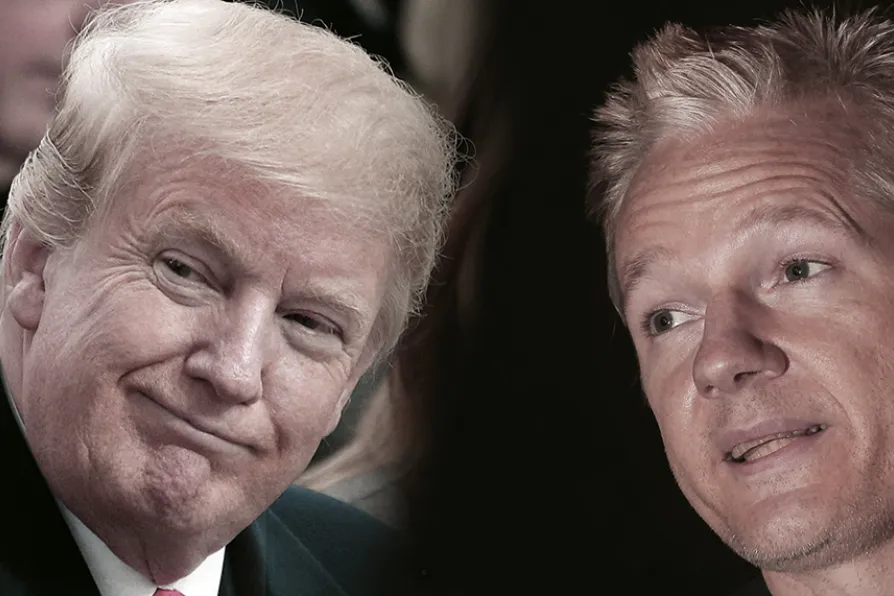Labour prospects in May elections may be irrevocably damaged by Birmingham Council’s costly refusal to settle the year-long dispute, warns STEVE WRIGHT
Assange and Trump: the rule of law and beyond
Who gets locked up or set free and what the rich man’s courts can do for the working class are tricky topics for socialists living under capitalism: KEITH FLETT looks at our relationship to the rule of law


THE opening moments of 2021 have seen a good deal of attention focused on the law.
A request by the US to extradite Julian Assange, essentially for exposing its role in the Iraq war, was turned down by a judge.
Not because it would be a fundamental attack on journalistic freedom but because incarceration in a US prison might further worsen Assange’s health, which has already been damaged by the British state keeping him locked up in Belmarsh.
Similar stories

There is no doubt that Trump’s regime is a right-wing one, but the clash between the state apparatus and the national and local government is a good example of what any future left-wing formation will face here in Britain, writes NICK WRIGHT

Starmer’s slash-and-burn approach to disability benefits represents a fundamental break with Labour’s founding mission to challenge the idle rich rather than punish the vulnerable poor, argues KEITH FLETT

Statement from the South African Communist Party

The legacy of an 1820 conspiracy in revenge for Peterloo resonates down the ages, argues KEITH FLETT










